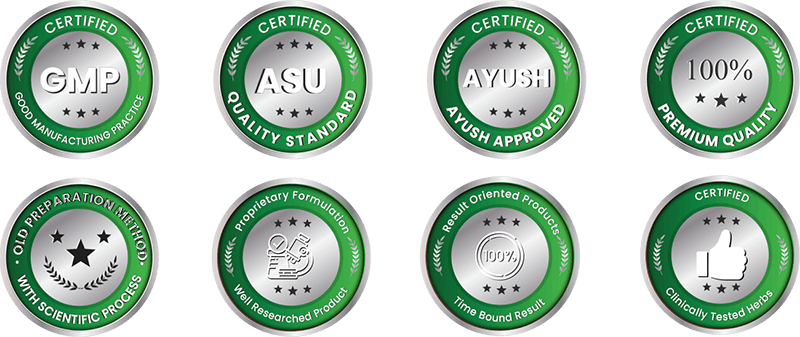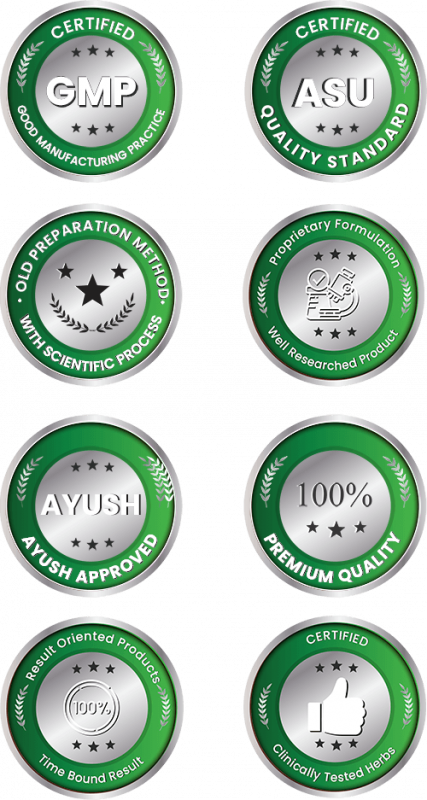Defecation is an essential bodily process for maintaining health. An average person has to have three or more bowel motions per week. Some people urinate two to three times per day. When faecal matter in the colon hardens, it causes constipation and makes it challenging to pass a bowel movement. Healthy stools should have a soft to firm texture and be long and tubular in shape.
All age groups can get constipation, but the elderly are more susceptible. Constipation affects one-third of persons over 60. Women, particularly those who are pregnant or have just given birth, non-Caucasians, and those who have recently given birth are other groups who are more prone to constipation or chronic constipation.
Although having constipation can be quite difficult, there are fortunately several home cures you can try.
WHAT BRINGS ABOUT CONSTIPATION?
Numerous problems can lead to constipation, and often more than one condition may be impacting you at once.
For regular bowel motions, exercise is essential. Your body’s capacity to pass waste through your colon can be slowed down by inactivity or a sedentary lifestyle. Your bowel movement habits can be improved with regular exercise, even if it’s just a brisk stroll.
Congestion is a side effect of some drugs. Decongestants, allergy medications, and iron supplements can dehydrate you or cause your digestive system to work more slowly, which can result in constipation. Diuretics, also known as water & pills can dehydrate people and make them constipated. Antidepressants, drugs for seizures, and blood pressure meds, among others, can make your constipation worse. Ask your pharmacist to check your drug profile if you start to have constipation to see if any of your prescriptions might be aggravating the problem.
Constipation is also a symptom of a number of illnesses, including diabetes, hypothyroidism, and Celiac disease. Make sure you are eating a balanced diet with enough fiber because your eating habits may make these diseases worse. Green, leafy veggies naturally contain dietary fiber.
List of Home treatments to relieve constipation
Changing your diet, drinking more water, working out, and taking supplements are a few natural strategies to treat constipation. Finding out what causes your constipation might help you choose the best treatments. To solve the issue, a combination of the following solutions may be required.
- Water:
The first approach to easing constipation may be to consume enough water. Dehydration causes the body to begin removing water from the colon as well as other parts of the body. Maintaining hydration by consuming six to eight glasses of water daily can keep stool soft, resulting in more frequent and comfortable bowel movements.
- Workout:
Healthy bowel movements can be maintained with regular exercise. The bowels can benefit from both aggressive and passive activity. Running can cause the colon and intestines to move around, which helps the stool move. You can maintain your regularity by engaging in sports, dancing, or even just 10 to 15 minutes of walking once or twice a day.
Exercise may occasionally be challenging if you have constipation since it can be uncomfortable, especially if you feel bloated or crampy. Stretching and doing yoga poses might be a more calming method of getting natural bowel relief. Yoga, particularly poses that involve twisting the torso, can also strain the intestines, causing the stool to become looser in the colon. Yoga poses that include torso twisting include seated twists and supine twists. Many additional positions, like standing forward bend and downward dog, are also advised for promoting bowel movement.
- Belly-rubber massage:
Constipation can benefit from abdominal massage as a home treatment. Press the abdomen clockwise while lying on your back for about 10 minutes. This massage can be performed twice daily. The colon’s stools are propelled toward the rectum by rotating clockwise. Drinking hot water or tea before the massage helps enhance the digestive system even more.
- Fiber:
Consuming adequate fiber can help you lose weight and maintain a healthy digestive tract. 25 to 30 grams of dietary fiber are advised to be consumed per day. Both soluble and insoluble fiber exist. Insoluble fiber can affect how quickly food travels through the colon whereas soluble fiber gives stool solidity.
Soluble and insoluble fiber are both commonly found in foods high in fiber. Oatmeal, flaxseed, whole grains, fruit, beans, bran, and vegetables are a few examples of foods that are good sources of fiber that can help prevent stiff stools. Constipation is significantly impacted by dietary decisions.
Without indulging in fiber-rich foods, OTC fiber pills can assist enhance fiber consumption. Take fiber supplements as advised. They are available as capsules or a powder that may be mixed with water.
- Microorganisms:
Constipation can be lessened by a probiotic-supported digestive system. Probiotics aid in the recovery of the digestive system’s beneficial microorganisms. Probiotics can be introduced to your daily routine to prevent or treat constipation. They can be found naturally in foods like yogurt and sauerkraut or taken as supplements.
- Prebiotics:
Prebiotics are non-digestible food components that help your body, specifically your gastrointestinal tract, produce healthy bacteria. This is yet another method to promote regular bowel movements and reestablish a healthy balance of bacteria in your digestive system. Prebiotics can be purchased over the counter without a prescription, and some preparations include a fiber supplement. According to a review of clinical studies, prebiotics improves bloating, bowel frequency, and stool consistency.
7. Castor oil:
Castor oil, a natural laxative made from castor beans, can be consumed orally to induce bowel movements. This ancient oil not only lubricates the intestines, but it also makes them contract. Take one to two tablespoons of castor oil on an empty stomach as instructed. Before having a bowel movement, give yourself up to eight hours.
- Coffee:
Caffeinated coffee can help you go pee more frequently. The intestines’ muscles may contract as a result of caffeine. The stool may be propelled toward the rectum by this stimulation. While caffeinated coffee can aid in bowel movement, it can also dehydrate you. When consuming caffeinated beverages, make sure to drink lots of water to avoid making the problem worse.
9. Senna:
The cassia plant’s fruit, bloom, and leaves are used to make the herb senna. It has a long history of use as a natural laxative. Senna is a stimulating laxative that aids in the contraction of the digestive system. Senna, which is frequently used as a tea, can be quite powerful and begin to operate within a few hours of intake. Senna, an FDA-approved supplement, is offered in tablet or powder form. Hemorrhoids and irritable bowel syndrome (IBS) can both benefit from it
10. Tea:
Warm drinks can calm the gastrointestinal and digestive processes. Teas with flavors like ginger and peppermint can help settle an unsettled stomach. A list of teas that may be beneficial if you are constipated is provided below:
11. Ginger: This warming spice increases body heat and facilitates faster digestion.
12. Peppermint: The menthol in peppermint can help move stools through the intestines and calm an upset stomach.
13: Chamomile: When under stress or strain, the bowels may not move independently because it relaxes the digestive muscles.
14: Licorice root: Its anti-inflammatory effects can help with post-meal digestion.
15: Dandelion root: By energizing the liver, this herb helps with minor constipation.
16: Green or black tea: Caffeinated tea stimulates the bowels in a manner similar to coffee.
17. Lemon Juice:
Lemon juice can aid in the body’s detoxification process. Lemon juice can be added to water or tea as a natural digestive aid to improve bowel stimulation. It’s better to use freshly squeezed lemon juice.
18. Aloe Vera:
Aloe vera is frequently applied topically to treat burns and cuts, but it can also be taken orally to relieve intestinal discomfort. To relieve constipation and IBS, sip aloe vera juice straight or mix it into smoothies or other drinks.
19. Coco-Water:
Coconut water can hydrate you and help with detoxification. The digestive tract is stimulated and renal function is increased. Magnesium is a mineral that is naturally present in coconut water and aids in the movement of feces out of the body by the muscles in the intestinal wall.
20. Honey:
Honey is a common home commodity that is also a mild laxative and is packed with enzymes that support digestive health. Honey can help with constipation when consumed alone or mixed into hot beverages like milk or tea.
When should I visit a doctor for constipation?
Constipation is a condition that most people have dealt with at some point in their lives. Even while constipation often resolves on its own, it can be good to be aware of remedies that can lessen its severity. A person may need to contact a doctor if OTC or over-the-counter medications for constipation fail to cause a bowel movement. An impacted colon can result from untreated constipation.
Consult a medical expert if you have not had a bowel movement in the past two to three weeks as constipation may be a sign of a more serious health issue. Furthermore, if you have severe abdominal pain or suspect there may be blood in your constipated stool, you should seek medical attention. Consult your doctor for advice on effective home treatments for constipation and ways to avoid it in the future






One thought on “HOME REMEDIES FOR CONSTIPATION :”
Comments are closed.